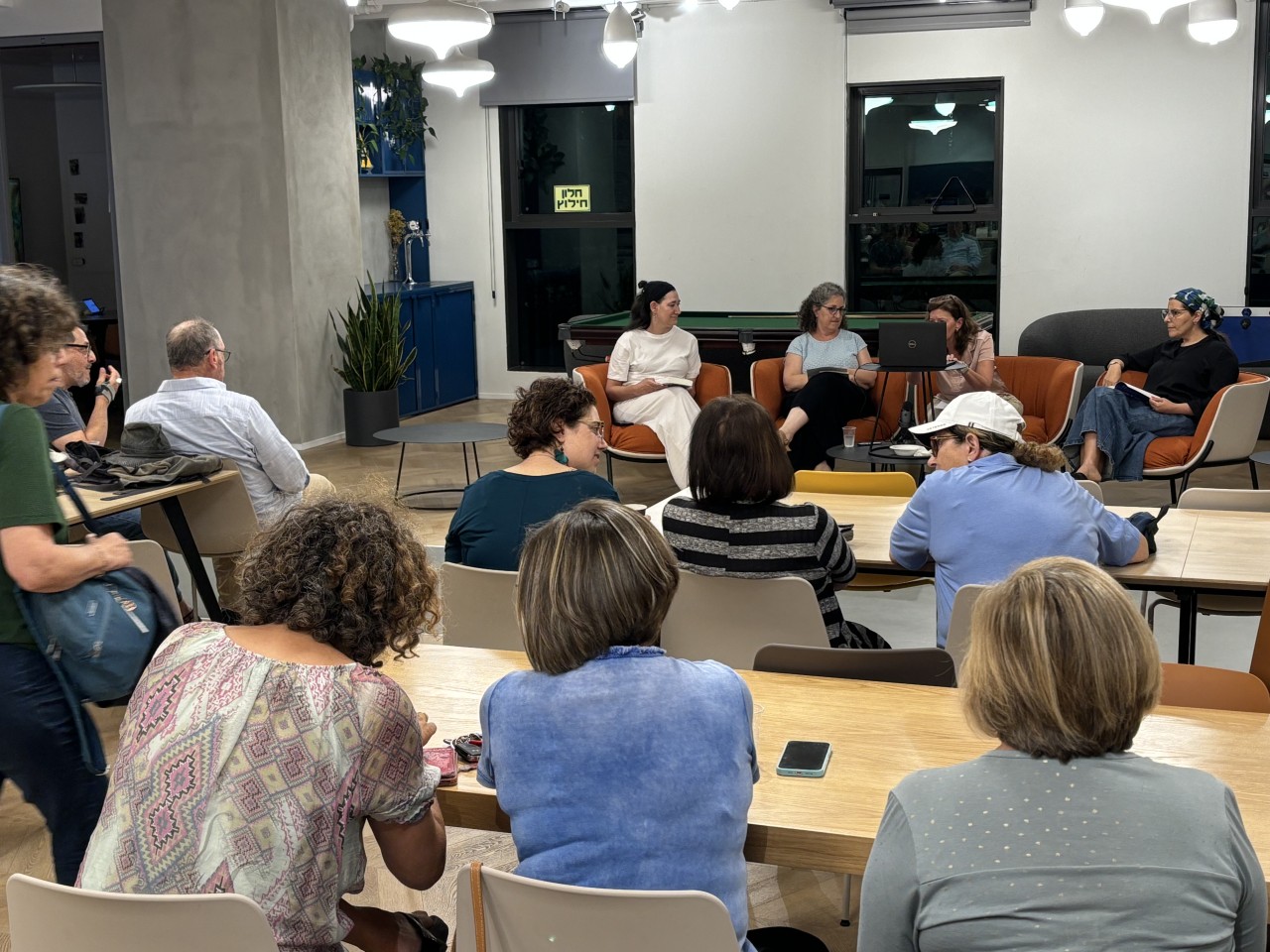The Significance of Discussion Guides in Novels
Discussion guides at the back of novels didn't always enjoy the prominence they do today. Their rise to popularity can be traced back to a growing desire for deeper engagement with literature, particularly in the context of book clubs and reading groups.
Behind the immersive worlds and captivating characters of novels lies a hidden gem often overlooked—the discussion guide. While novels offer solitary journeys of introspection, these guides serve as companions, illuminating pathways for collective exploration and understanding. Let's delve into the importance of discussion guides found at the back of novels and how they enrich the reading experience.
Facilitating Deeper Engagement: Provoking Thought and Reflection
Novels are more than just stories; they are mirrors reflecting the complexities of the human experience. Discussion guides extend this reflection by posing probing questions that transcend the narrative. From themes of love and loss to questions of morality and identity, these guides invite readers to delve deeper into the underlying layers of the text. By provoking thought and encouraging introspection, they transform passive reading into an active dialogue with the text itself.
Building Communities: Fostering Shared Experiences
In a world often marked by isolation, novels have the power to bridge divides and foster connections. Discussion guides serve as catalysts for this communal experience, providing readers with a common framework for interpretation and discussion. Whether it's a book club gathering or an online forum, these guides facilitate dialogue, sparking debates, and forging bonds among readers. In essence, they transform the solitary act of reading into a shared journey of discovery and camaraderie.
Empowering Interpretation: Diverse Perspectives, Shared Insights
The beauty of literature lies in its ability to resonate with readers in myriad ways. Discussion guides honor this diversity of interpretation by posing open-ended questions that accommodate a range of perspectives. From literary analysis to personal reflections, readers are empowered to engage with the text on their own terms, enriching the collective understanding of the novel. In this way, discussion guides celebrate the multiplicity of voices that breathe life into literature, fostering a rich tapestry of insights and interpretations.
Cultivating Critical Thinking: Nurturing Intellectual Curiosity
In an age dominated by fleeting distractions, novels offer a sanctuary for sustained engagement and intellectual growth. Discussion guides nurture this spirit of inquiry by challenging readers to think critically about the text and its implications. By posing questions that probe beneath the surface of the narrative, guides cultivate a habit of questioning, analysis, and reflection. In doing so, they empower readers to become active participants in the literary conversation, enriching their reading experience and expanding their intellectual horizons.
Inspiring Action: From Reflection to Transformation
The true measure of a novel lies not just in its ability to entertain, but in its capacity to inspire change. Discussion guides serve as catalysts for this transformation, guiding readers from reflection to action. Whether it's fostering empathy, igniting social consciousness, or sparking personal growth, these guides empower readers to translate the insights gleaned from the text into tangible outcomes. In this way, novels and their accompanying discussion guides become agents of change, shaping not only individual lives but also the world at large.
The Enduring Appeal of Novel Discussion Guides
Discussion guides at the back of novels didn't always enjoy the prominence they do today. Their rise to popularity can be traced back to a growing desire for deeper engagement with literature, particularly in the context of book clubs and reading groups. As readers sought to unravel the layers of meaning within their favorite novels, these guides emerged as invaluable companions, offering structured questions and prompts to fuel discussion.
Over time, their popularity has only continued to soar, driven by a multitude of factors. In an age characterized by digital distractions and fleeting attention spans, discussion guides provide readers with a roadmap for meaningful exploration, transforming solitary reading into a shared journey of discovery. They foster connections, nurture critical thinking, and inspire action, enriching the reading experience in ways that resonate long after the final page has been turned.
Moreover, discussion guides embody the democratization of literary interpretation, welcoming diverse perspectives and amplifying voices that might otherwise go unheard. By empowering readers to engage with novels on their own terms, these guides celebrate the inherent richness and complexity of literature, inviting readers to become active participants in the ongoing conversation.
In essence, the enduring appeal of novel discussion guides lies in their ability to bridge the gap between solitary reading and communal exploration. They invite readers to delve deeper, think critically, and connect with both the text and each other in profound and meaningful ways. As long as there are stories to be told and readers eager to engage with them, discussion guides will continue to play a vital role in shaping the literary landscape, guiding us on journeys of discovery that transcend the confines of the page.
I invite you to use my latest discussion guide for my new novel With A Good Eye.
When you subscribe to the blog, we will send you an e-mail when there are new updates on the site so you wouldn't miss them.


Comments